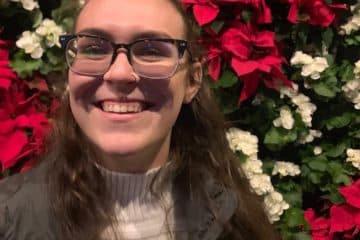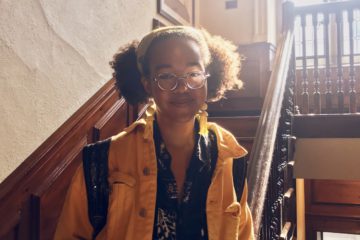As a FroCo and Peer Liaison, I often felt conflicted recommending YMHC to my first years, knowing that they would likely encounter large wait times and potentially be placed with a professional who was dismissive or culturally uninformed. Although wait times can potentially be decreased through contact with the dean, I wondered where this left students who didn’t reach out and would never know there are internal avenues to expedite the process. Student support resources such as a FroCo or PL should never function as therapy, but it was uncomfortable and saddening for me to recommend the professional alternative that I knew to be frustrating to navigate.
With the nationwide protests against police brutality and activism against racism embedded in most institutions, I wonder how the campus would look and feel different if YMHC had more counselors of color. The posts on blackivystories and other accounts portray the many normalized racist acts that affect Black students like myself. Just weeks ago, emails circulated in my own department from emeritus professors who argued racism is genetic and that Black students simply gravitate more toward social sciences accounting for our low numbers in the field. As the third Black woman to ever graduate from Yale with a degree in Astrophysics, this deeply frustrated me.
Therapists can be a trusted adult who can validate experiences of cruelty at Yale that our peers, professors, and administration ignore in the name of open discourse. A larger Black staff at YMHC would be a step in transforming the campus from one that values the image of Black students to one that truly values their ideas, experiences, and lives. For students to feel supported and safe, Yale must reduce wait times for therapy and hire more therapists of color, particularly Black therapists.
Ry Walker, she/her, 2020, Saybrook


